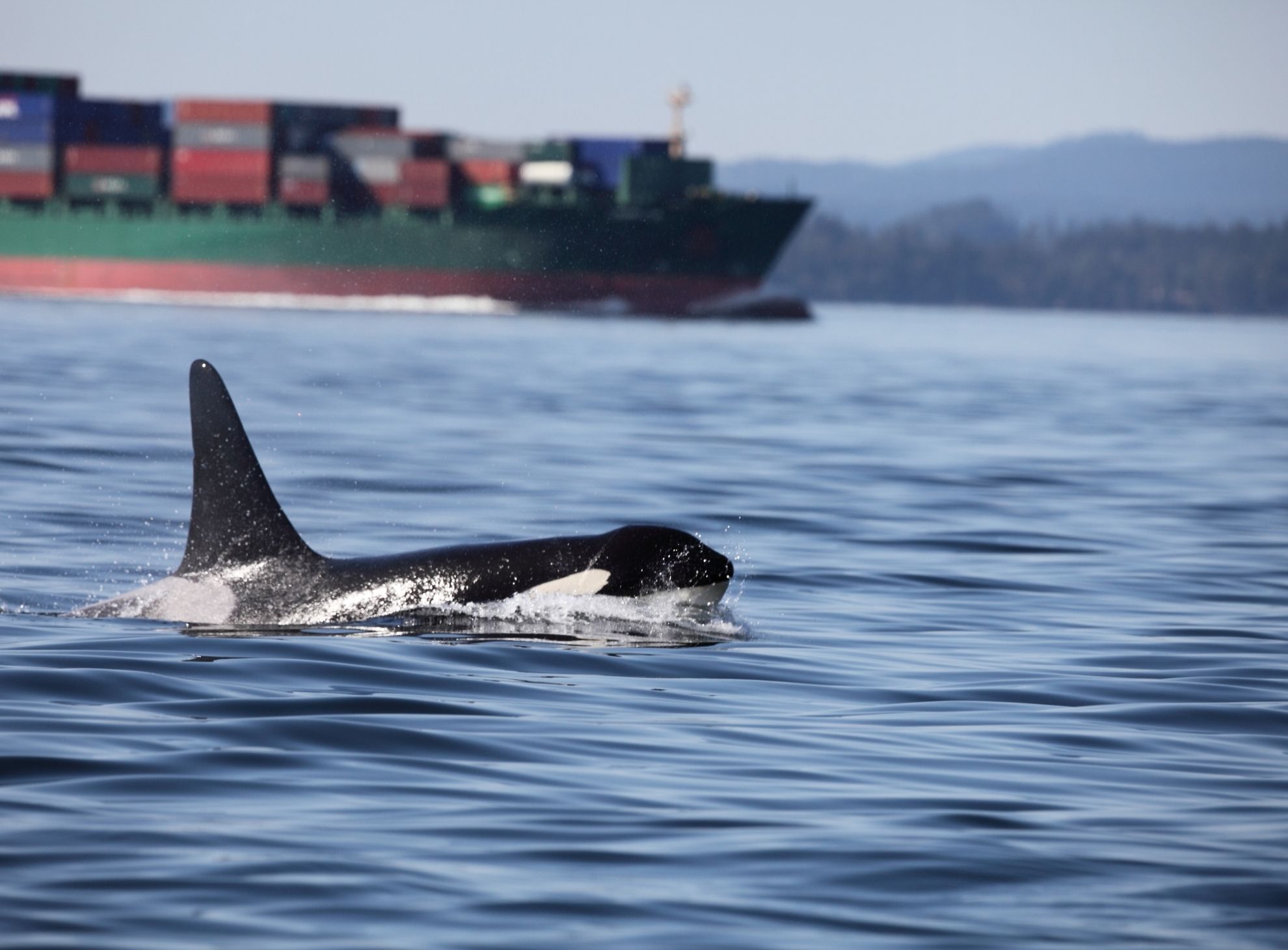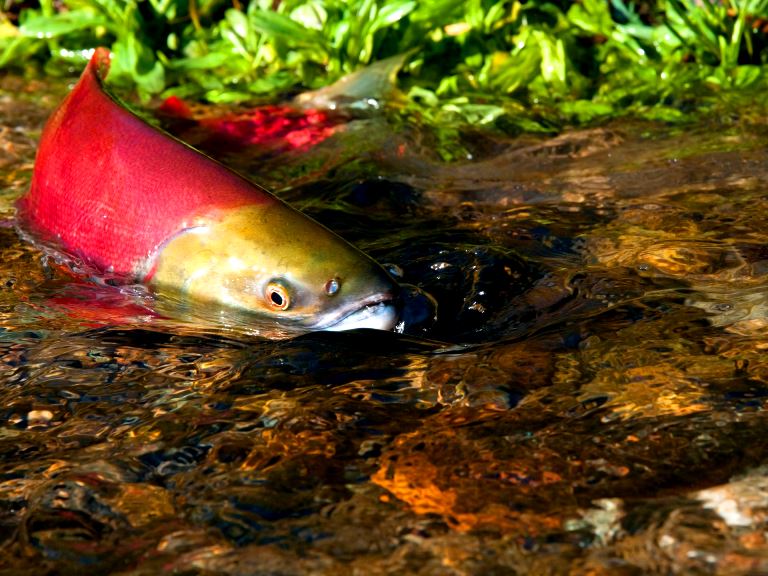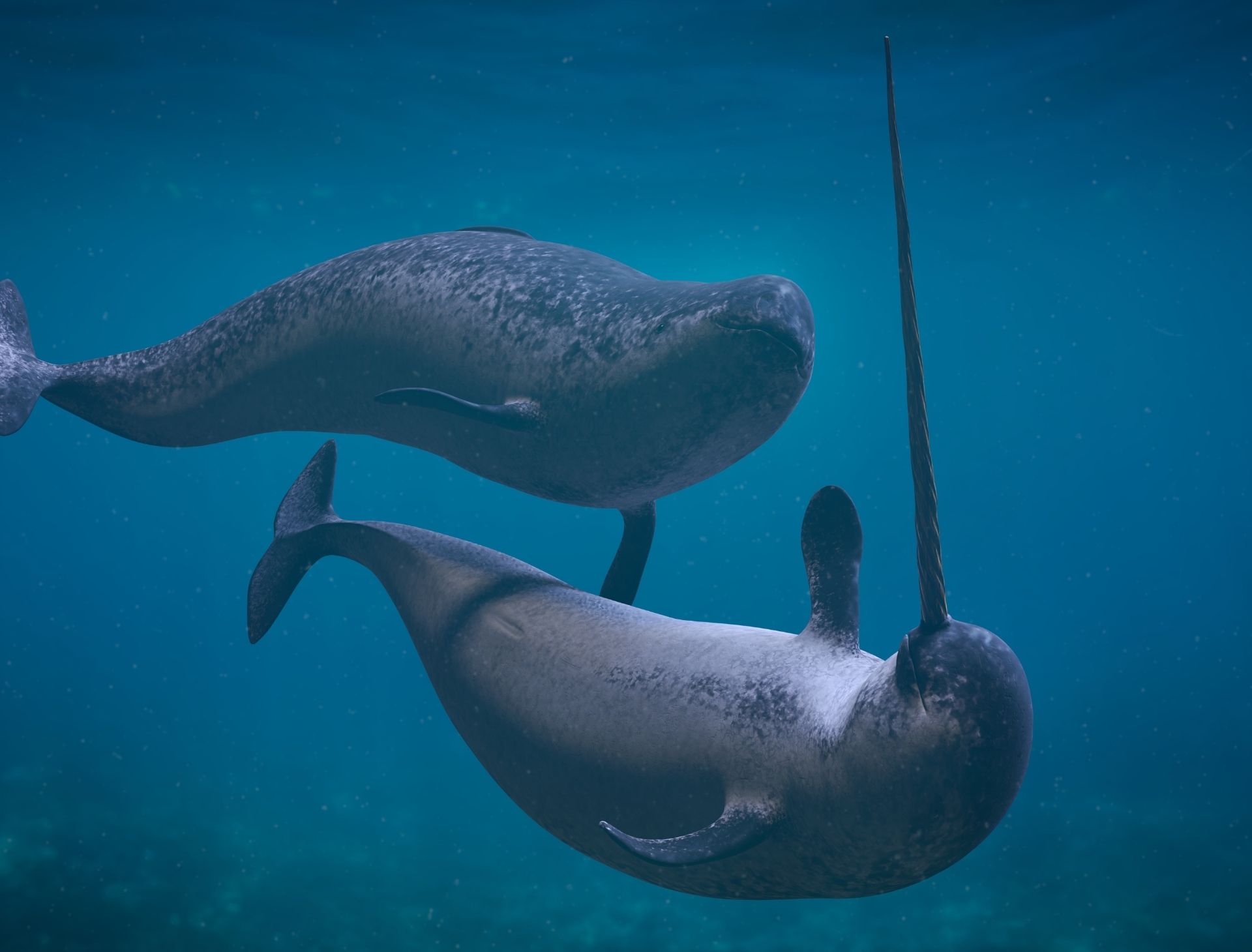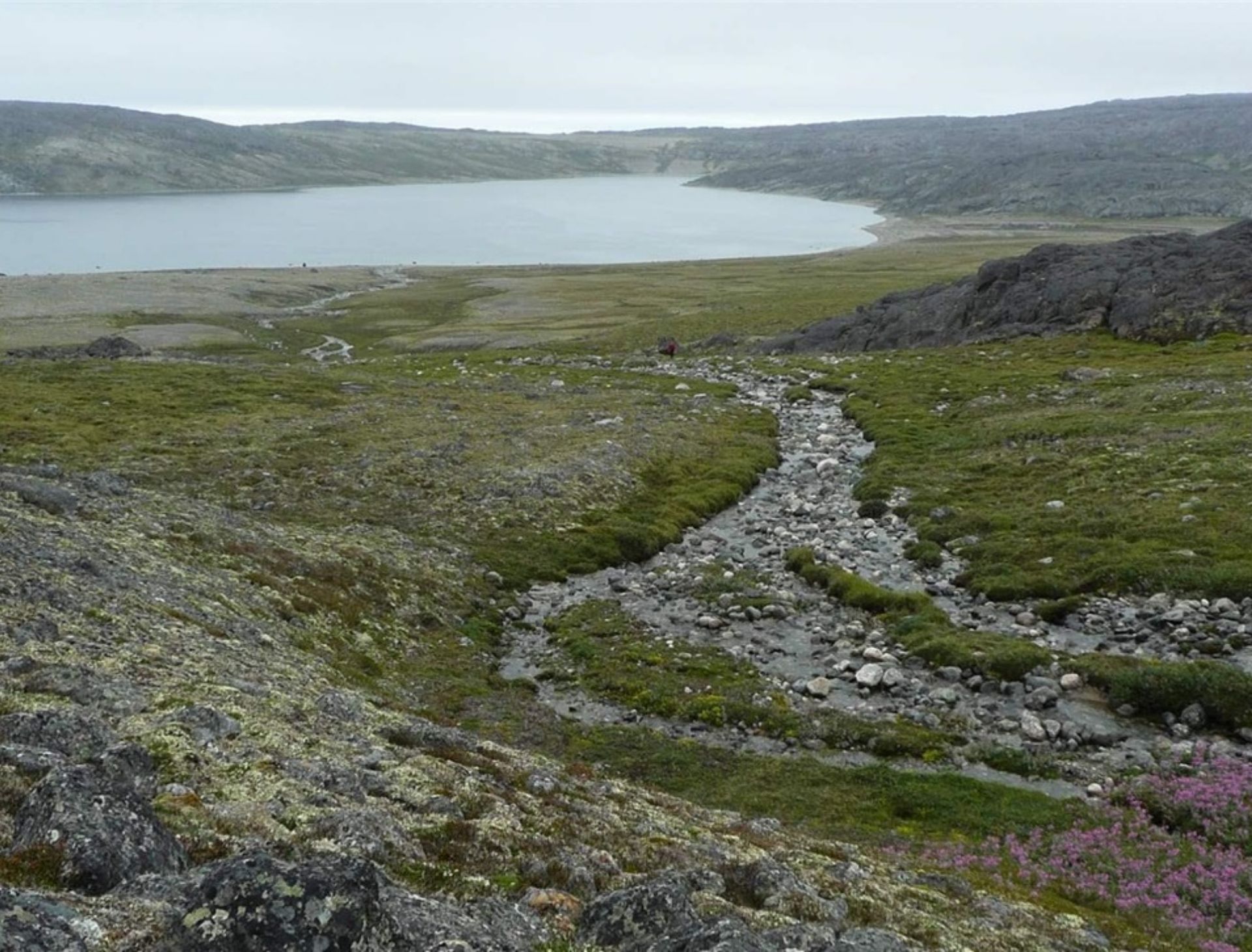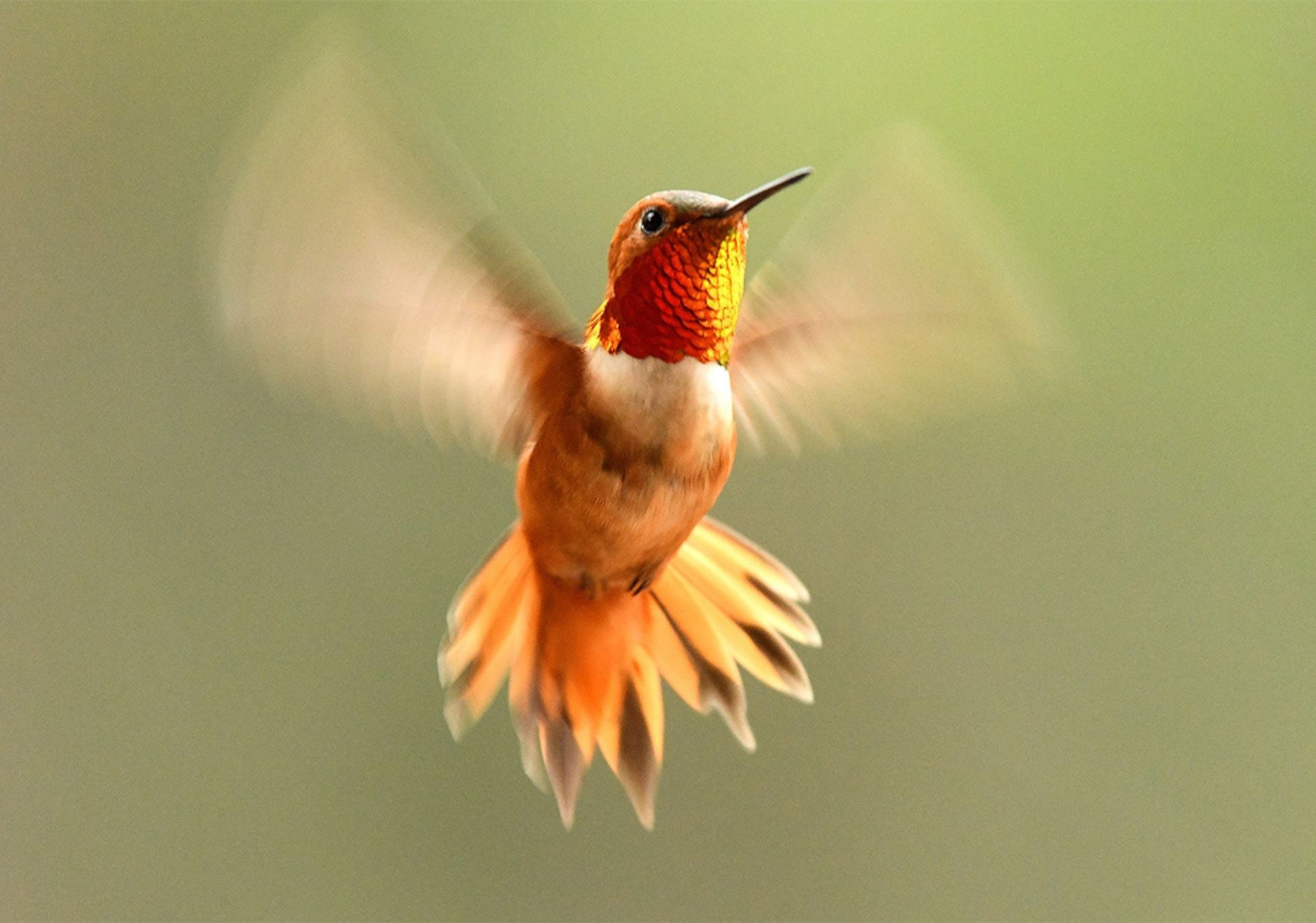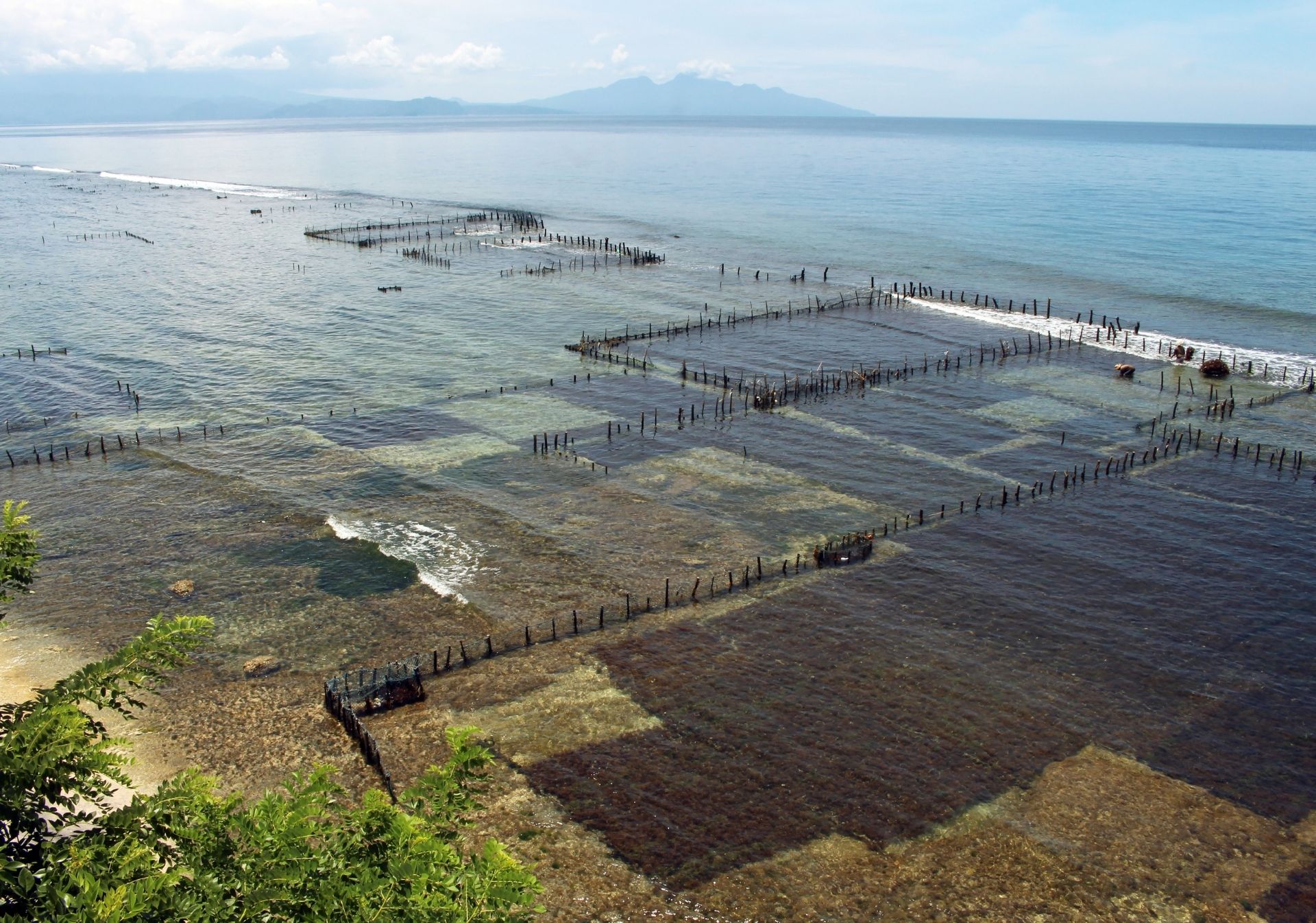
Food, should be grown on green roofs
With more than 700 green roofs, Toronto is missing an opportunity to grow its own food according to University of Toronto researchers. Food, should be grown on green roofs. A group of University of Toronto researchers are looking at ways to convert Toronto’s numerous green roofs into places where people can grow food. Canada’s largest…


